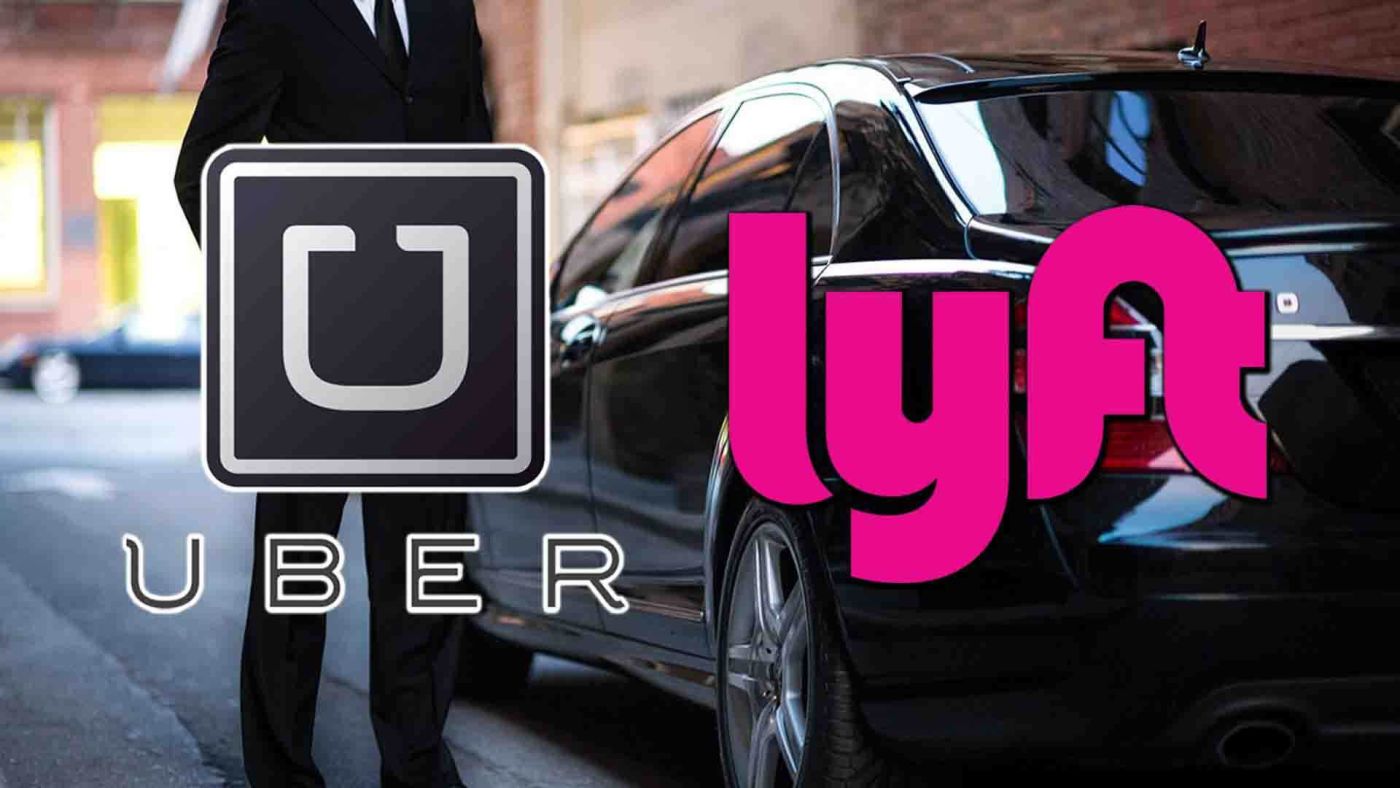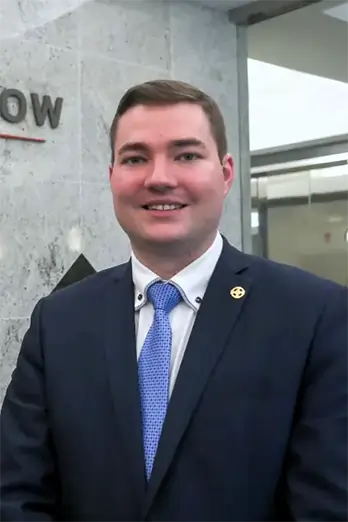
Uber and Lyft are tremendous platforms that allow drivers to make extra money, and gives people additional mobility about town at all hours of the day. They have generally brought positives to the community, freed a lot of parking spaces, and helped to reduce DUIs. But Uber and Lyft rides can still get into car accidents, and here in the DMV, this risk is higher than average.
Virginia law requires that Uber and Lyft have insurance, for the protection of all motorists on the road. If you are a rideshare driver, or a passenger, you should know how that coverage works.
What Uber and Lyft Passengers Need to Know:
In Virginia, Uber and Lyft are called “Transportation Network Companies,” or TNCs, under the law. This means ridesharing platforms. By law, they are required to have liability coverage of $1,000,000.00.
This coverage, however, only applies if the rideshare driver is at fault. If, for example, the driver was stopped at a red light, then Uber and Lyft would have no initial exposure to the passenger for the passenger’s recovery. The passenger’s recovery would come from the tortfeasor, or other person responsible for the accident.
In event that this other driver had no insurance, the case becomes an uninsured motorist claim (see below).
What Uber and Lyft Drivers Need to Know:
The $1,000,000 liability policy does not protect the driver in any way – unless, of course, one Uber driver is struck by another.
Also, it is important to remember that Uber and Lyft insurance policies DO NOT cover the driver at all times. Uber and Lyft liability insurance policies cover/protect the driver when:
1) the driver is on the app, and is waiting to accept a ride;
2) the driver is en-route to pick up a passenger
3) the driver is waiting for a passenger, or has a passenger in the car
4) the driver is actively unloading the passenger
If you have dropped off a passenger, and are going to get gas, for example, then it is very likely that Uber and Lyft would deny coverage. At which point, the driver’s personal car insurance is responsible.
If, for example, the driver is logged in, and not at fault for an accident, the driver’s compensation is going to come from the tortfeasor, or at-fault driver. If that driver has no car insurance, then the claim becomes an uninsured motorist claim (see below).
If the Uber driver has the app off, then the rideshare driver’s own insurance is his protection – just having an Uber or Lyft medallion in the car does not implicate their coverage.
What if I am in an Uber or Lyft, and the At Fault Driver Has No Insurance?
This happens often, sadly. This means the case is treated as an uninsured motorist claim. An uninsured motorist is defined as a vehicle for which no coverage is present, or for which coverage is denied (this different from liability being denied).
Uber and Lyft insurance policies contain the bare minimum coverage required under Virginia law: $30,000 per person, $60,000 per accident. This commonly said “30/60.”
NOTE – some of the insurance policy declaration sheets that can be found online for Uber are out of date, and say the coverage is “25/50.” This is incorrect, as the minimum car insurance limits in Virginia increased in 2022.
What Should I Do If I Am Involved In An Uber or Lyft Accident?
If you are involved in an Uber or Lyft car accident, in Virginia, DC, or Maryland, contact Blaszkow Legal, PLLC right away: 703 879 5910. We will walk you through the important steps (found here!), starting with information gathering, to getting you to the medical care you need, if you are injured. We will navigate the labyrinth of insurance coverages to maximize your recovery.
Call the Alexandria Injury Attorney today for a free consultation.
Virginia Law for Transportation Network Companies (Insurance Requirements): here





